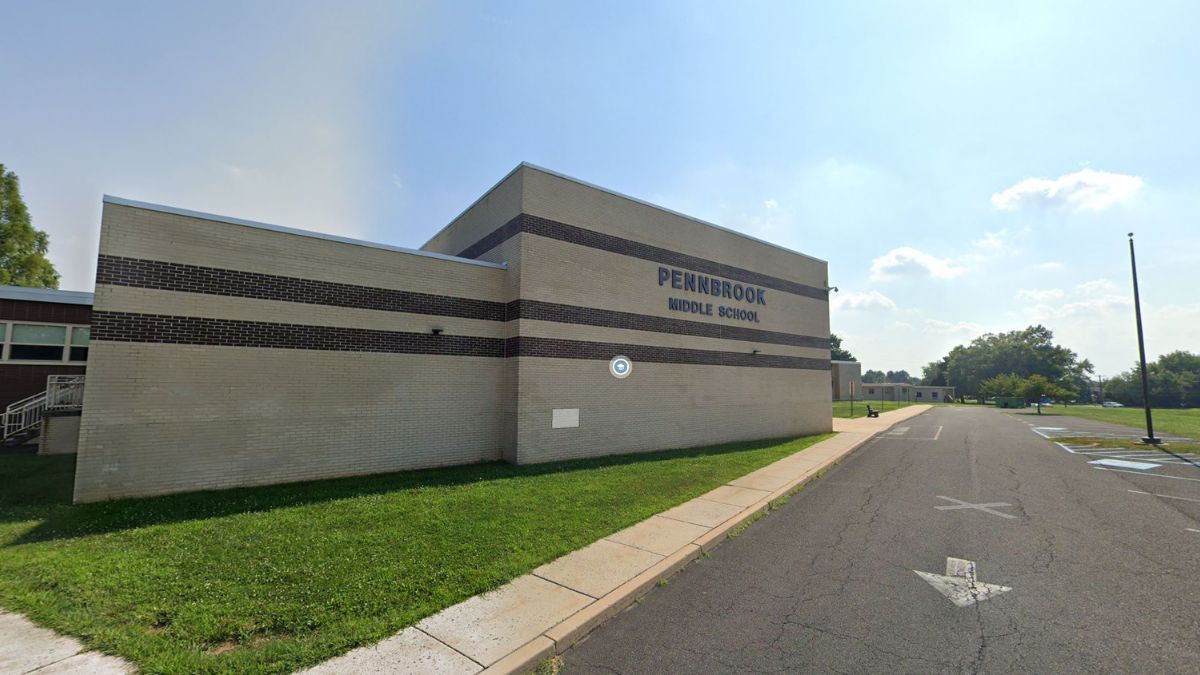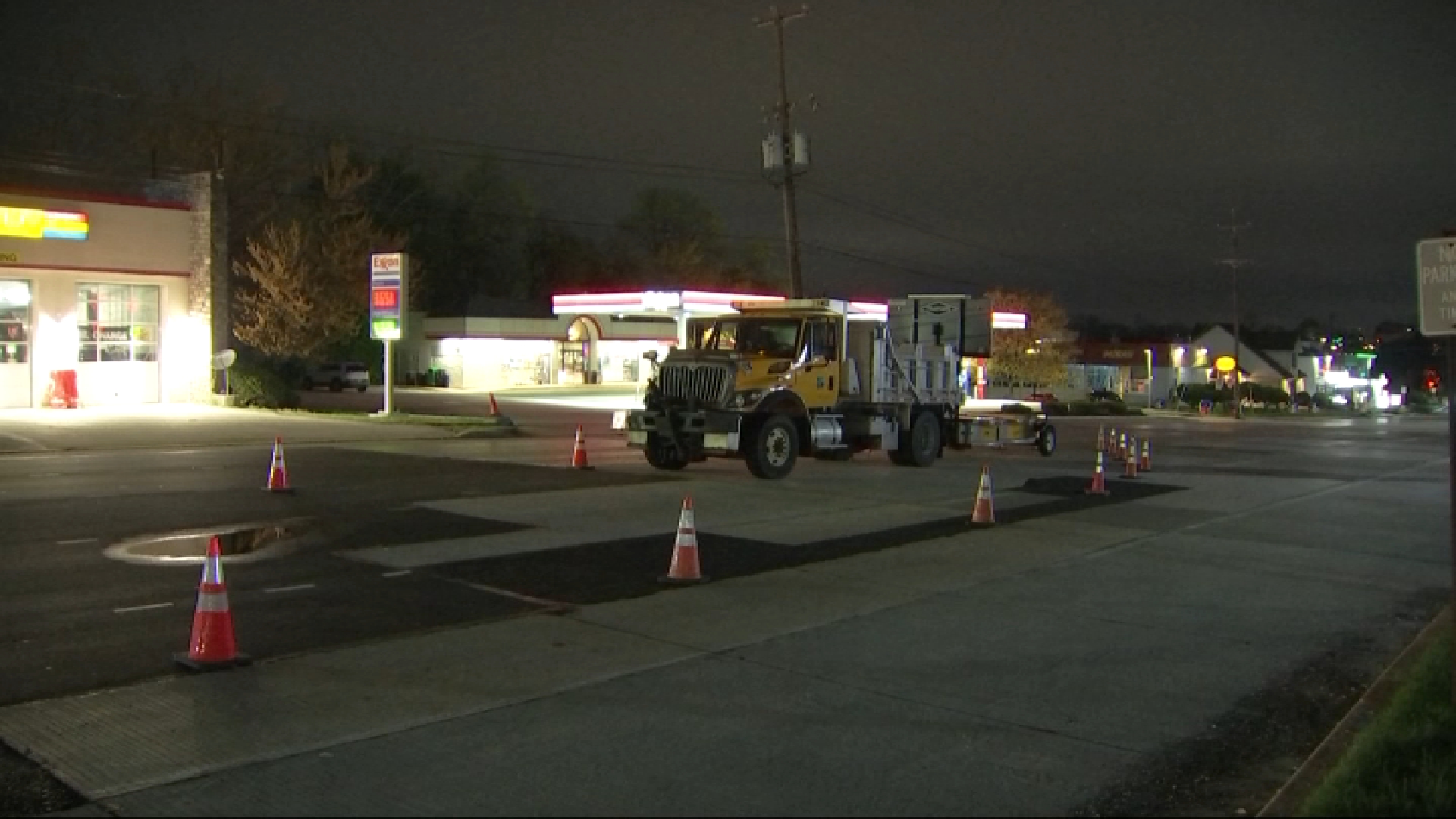A judge made a host of mistakes in deciding to throw out Pennsylvania's requirement that voters display photo identification, lawyers for Gov. Tom Corbett argued in a court filing Monday.
The team of private lawyers and the attorney general's office asked in 39 pages of post-trial arguments that the law be reinstated, the decision revised or a new trial ordered.
The filing says Commonwealth Court Judge Bernard McGinley wrongly decided the law was unconstitutional because of how it was implemented, and took issue with his rejection of a Department of State-created ID card.
"The statute cannot be declared facially unconstitutional based solely on flaws found in the executive's reading or administration of the statute," Corbett's lawyers argued.
McGinley ruled Jan. 17 that the law did not further the goal of free and fair elections, saying it lacked a viable means to make photo IDs easily available.
Mike Rubin, a lead attorney for the plaintiffs, said the governor's filing largely repeated arguments his lawyers made before McGinley already. Rubin said McGinley did analyze the statute on its face, and determined it was unconstitutional.
"It makes no difference whether he said 'as applied' or 'facially unconstitutional,'" Rubin said. "The remedy is the same."
Corbett signed the bill in March 2012 over the opposition of every Democrat in the Legislature. Described as one of the nation's strictest voter ID laws, it has not been in effect because of the legal challenges.
Corbett's top lawyer said earlier Monday the administration, if it wins, plans to ask that the law not be in place for this year's election, to avoid "even the chance" that voters may be confused.
Rubin said that would give the court time to consider the case without being under an expedited deadline.
"The longer this law is not in effect, that means more voters get to vote," Rubin said.
Local
Breaking news and the stories that matter to your neighborhood.
In addition to finding the photo identification requirement unconstitutional, McGinley said the defendants failed "show any evidence of in-person voter fraud," prompting a response from Corbett's lawyers that the court was not the proper place for that.
"The General Assembly heard from several witnesses on this issue, and it is the General Assembly that has the prerogative to make these policy decisions," Corbett's lawyers wrote.
Rubin said the next step would be for the plaintiffs to file their response.



